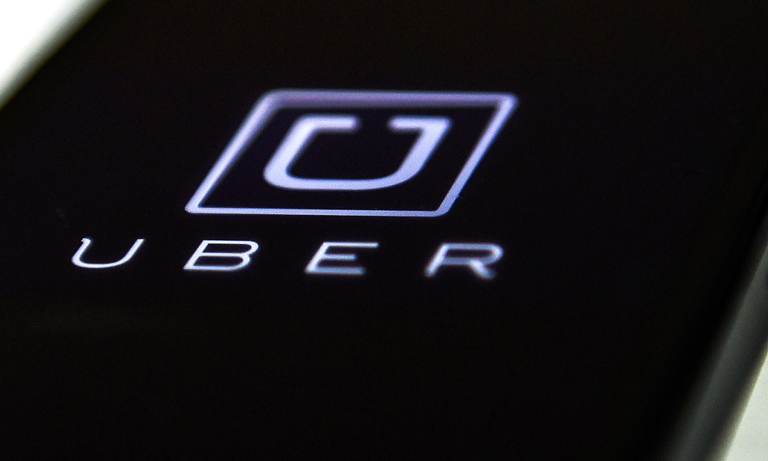 Uber has lost an appeal against a 2016 employment tribunal ruling
Uber has lost an appeal against a 2016 employment tribunal rulingSince they first appeared, the apps that enable the “gig economy” have had two types of user: the usually richer ones who can use the apps to their advantage, and those, often poorer, users who need the apps’ power to get employment, which is often exploitative. The recent tribunal ruling about whether Uber is an employer, or uses self-employed contractors, has marked an important change for those who work in the “gig economy”.
For years, work has been a necessity for many, but a burden for most. Years ago, as technology became digital, we were promised it would liberate us from the burden, taking away the drudgery of repetitive tasks, and allowing us to work flexibly, where and how we wanted.
The “gig economy” made possible by smart applications, seemed to show progress towards that goal. Readily available apps suddenly give us the opportunity to organise how we work, and use our assets profitably. Whether that is finding a paying tenant for the two weeks that our home will be empty whilst we are on holiday, bartering skills to help our neighbours, or getting some money back to pay for the cost of running a car, these apps offer great benefits, at seemingly little risk. Be it Airbnb, Uber or something else, there is an app out there to help.
Sadly, the reality is not quite so rosy. Airbnb, especially in London, seems to allow owners of properties that are, in reality, unregistered hotels to pass them off as temporarily empty homes. Uber, seemingly just a tiny tool to connect drivers with passengers looking for a ride, providing fare handling, booking, and routing assistance, actually imposes tight control over how its services are used by drivers.
An Employment Tribunal in London recently examined the issue of the employment status of Uber drivers. A group of drivers claimed that Uber imposed strict conditions on how the drivers use it, effectively acting as their employer. With the lack of holiday pay and sickness pay, and the responsibility for vehicle running costs reducing their net hourly rate of pay, the drivers claimed Uber was their employer, and failing in its duties as an employer. Uber, on the other hand, claimed it was just a technology company, providing a service to self-employed contractors.
The tribunal ruled in the drivers’ favour, saying it believed Uber recruited drivers to operate its transport business, with Uber holding the balance of control. It sets the terms under which the drivers operate, excluding drivers who fail to follow them. It fixes the fare, and specifies a required route. The drivers’ performance is managed, and the company deals with all customer contact.
This ruling will have implications for many other “gig economy” models, and may set a precedent for other operators, such as Deliveroo riders, who are also currently in dispute about the terms of their employment.
Join Over 40,000 Recruiters. Get our latest articles weekly, all FREE – SEND ME ARTICLES
Recruiters love this COMPLETE set of Accredited Recruitment & HR Training – View Training Brochure








